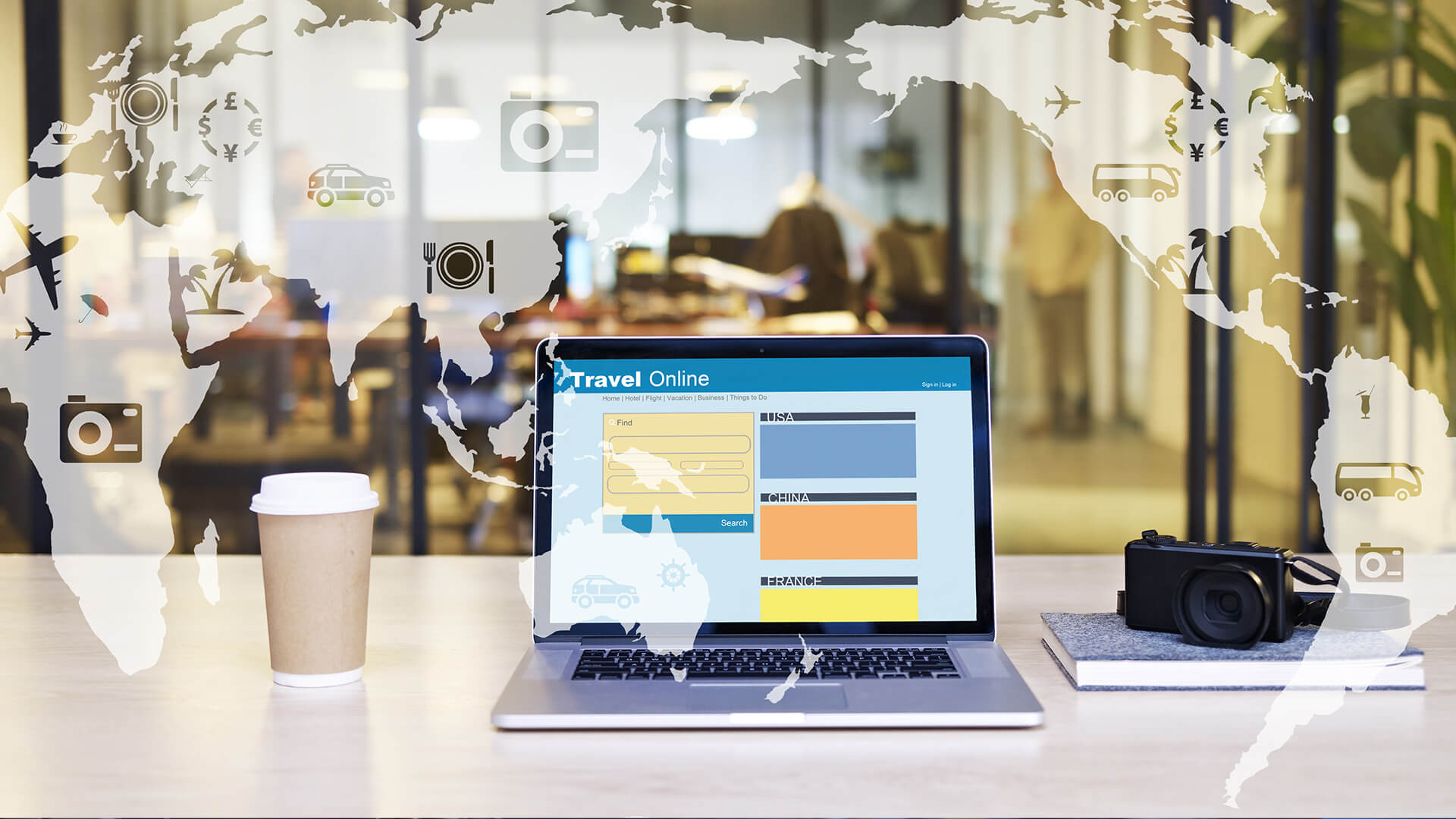-
Blog
-
About us
- Awards
- Issues
- Contact Subscribe
Blog page






Our Top Categories
How to Leverage Employee Referrals to Enhance Business Hiring Success
Top Read In Category
asdsd

10 Music Startup Trends for Corporate Inspiration 2025
Top Read In Category
asdsd

How Can Businesses Encourage Their Gen Z Employees Back to the Office to Get Ahead in Their Careers?
Top Read In Category
asdsd

Most Innovative Live Webinar HR Training Provider 2025 – USA
Top Read In Category
asdsd

Best Employee Benefits Portal & Discount Marketplace 2025
Top Read In Category
asdsd

Experts Reveal 5 Keys to Success for Manufacturers in 2025
Top Read In Category
asdsd






